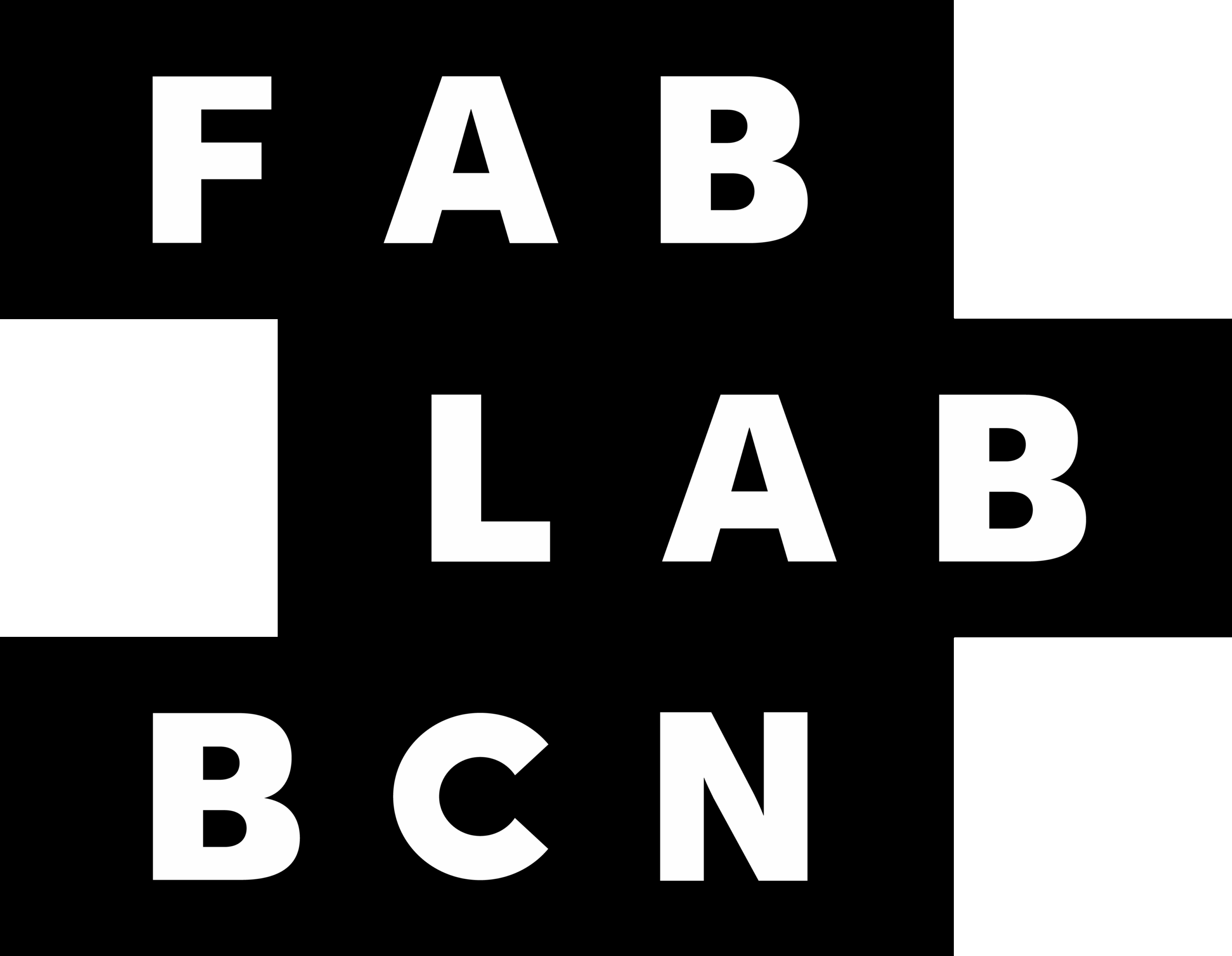At IAAC, design comes to life through Fab Lab Barcelona, where experimentation turns ideas into real impact. The Master in Design for Emergent Futures, co-developed with Elisava, trains professionals to prototype solutions that address social, ecological, and technological challenges. In parallel, the Postgraduate in Digital Fabrication – Fab Lab Barcelona, focuses on personal fabrication and rapid prototyping. Together, both programmes connect creativity, technology, and making, shaping the future of design education at IAAC.
Master in Advanced Architecture






















